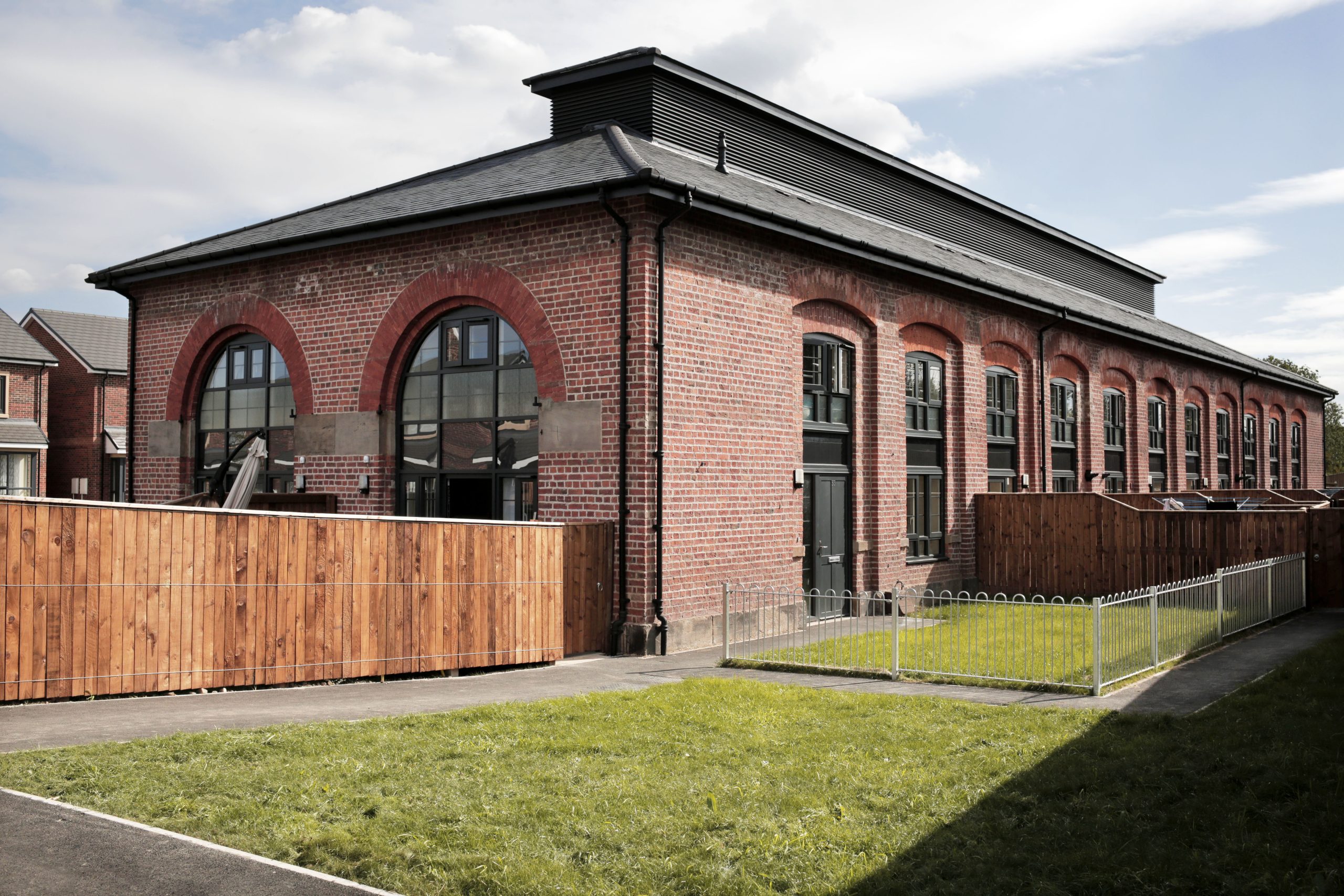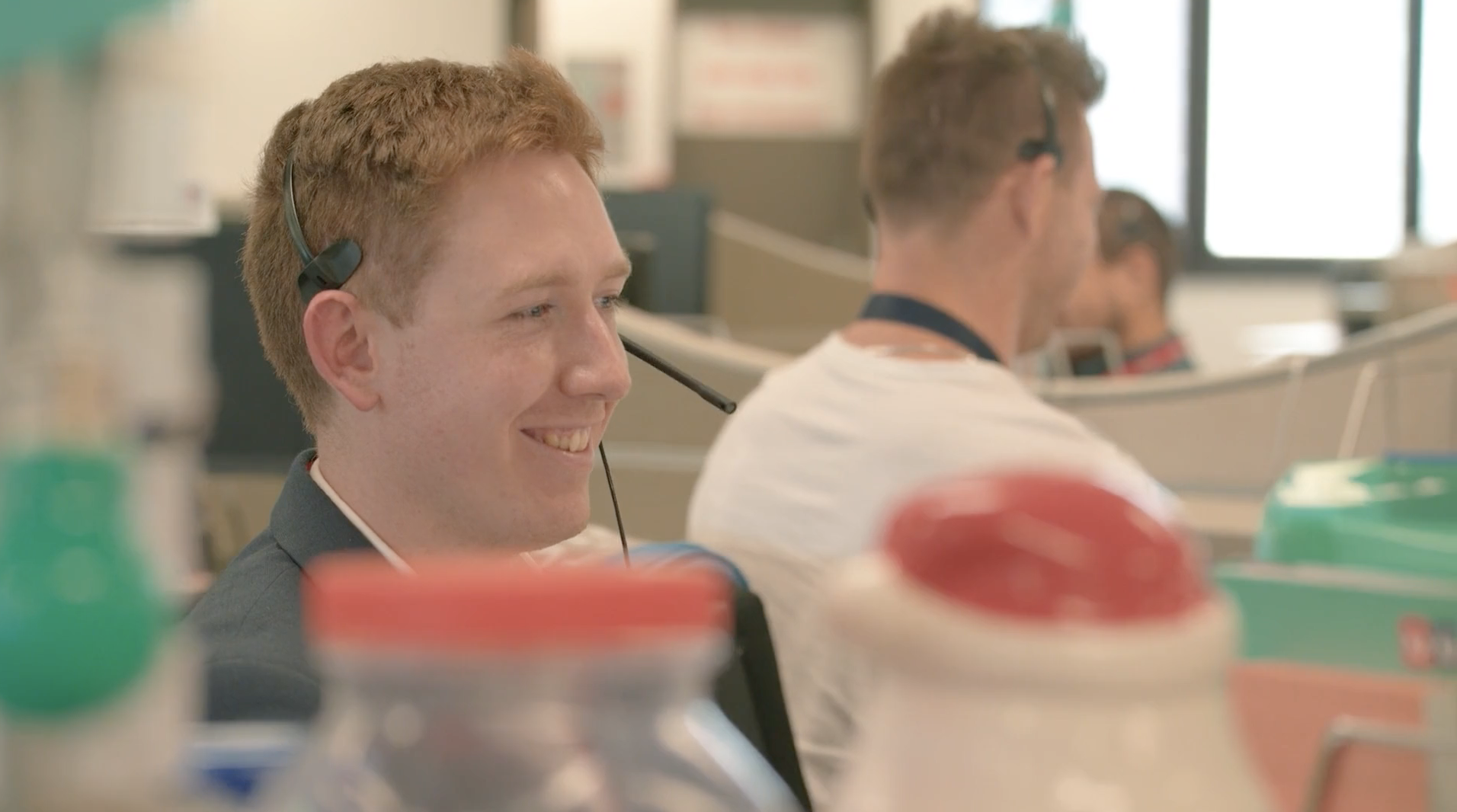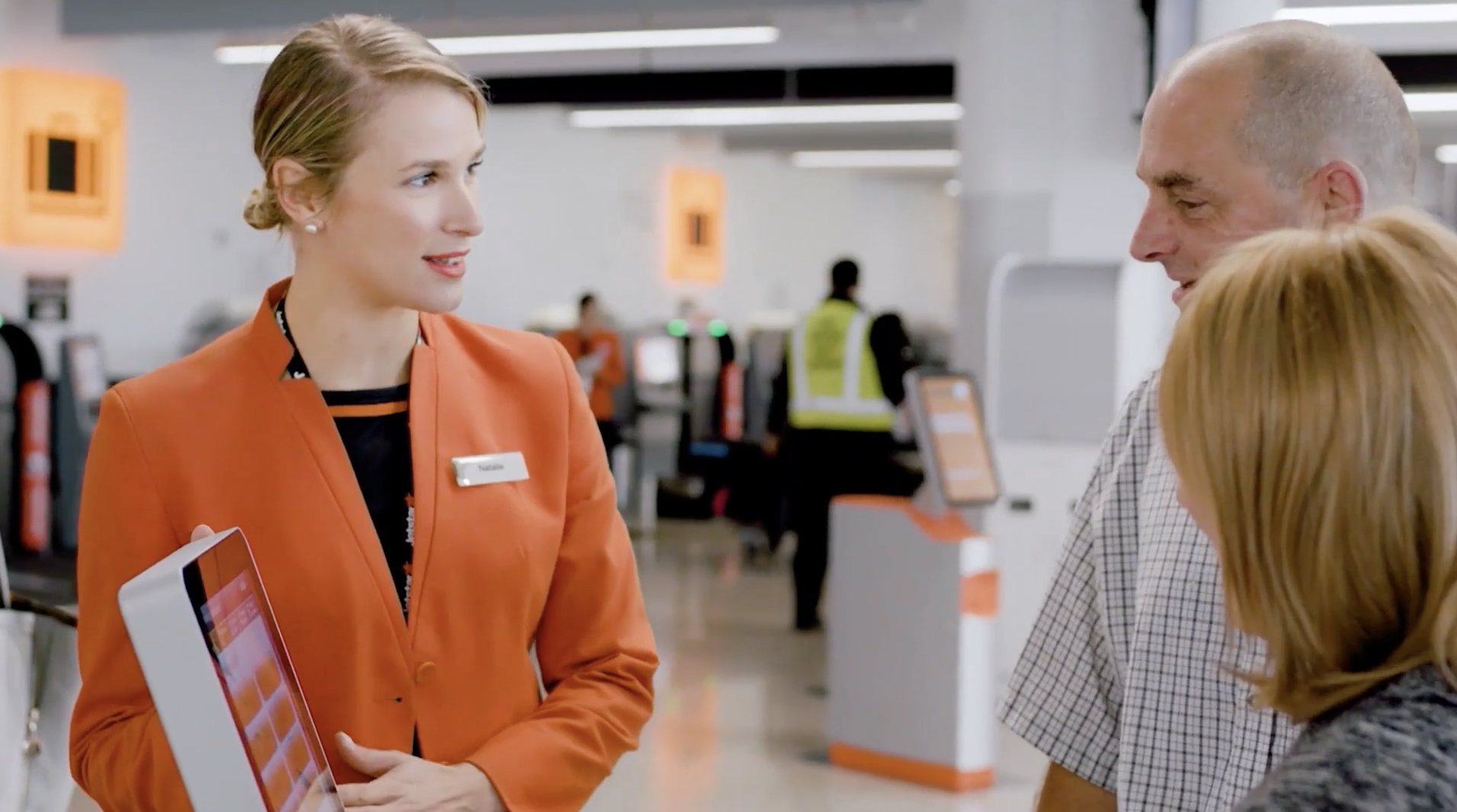High Trust Culture Programme: Strengthening trust and collaboration in the healthcare sector


High Trust Culture Programme: Strengthening trust and collaboration in the healthcare sector
Creating a High-Trust Culture to Strengthen Patient Care and Team Performance
Building a high-trust culture is essential within healthcare organisations, where the quality of internal relationships directly influences patient care, staff wellbeing and stakeholder engagement. The Care Quality Commission (CQC) places a significant emphasis on organisations being well-led, with a strong, cohesive and values-driven culture at their core. When reviewing CQC reports completed over the last two years, a significant number cite issues with ‘culture’ as a cause for concern.
MGI Learning has partnered with a range of healthcare providers across the NHS in the UK and in the private sector internationally to develop a High Trust Culture Training Programme to support the clear desire at all levels to address any cultural challenges and concerns. Based on our proven Mindset, Language & Actions Toolkit, this programme has delivered measurable improvements in staff engagement, team cohesion and leadership effectiveness, while enhancing the overall patient experience. Organisations that have adopted the programme have seen a significant positive shift in how people work together, including a reported reduction in siloed working.
Programme objectives
The High Trust Culture programme is a bespoke, evidence-informed approach that empowers healthcare team members and leaders to:
- Embed a common set of tools around Mindset, Language & Actions, bringing organisational values and behaviours to life in day-to-day interactions.
- Build a high-trust culture that strengthens collaboration across teams and enhances relationships with patients, managers and external partners.
Develop the capability to take personal ownership, communicate positively with confidence and clarity and work collectively towards shared outcomes.
Key features
Participants are equipped with practical, accessible tools to:
- Adopt a constructive mindset: Emphasising optimism, responsibility and a solution-focused approach.
This is achieved by embedding what we refer to as the Optimal Mindset into all our interactions where;
- everyone takes Ownership & Responsibility for what they can do,
- is essentially Optimistic and solution-focused,
- values Feedback and the perspective of others.
Working together, these actions allow everyone to feel empowered and that they do make the difference.
- Strengthen trust-based relationships: Creating positive, respectful and collaborative partnerships with colleagues, patients and wider stakeholders.
This is underpinned by our founding principle, ‘Everything you think, feel, say and do is either a service or a disservice to yourself and everyone around you’ (Mary Gober). The High Trust Culture Programme explores how to ensure everything you think, feel, say and do is a service and never a disservice.
- Communicate effectively under pressure: Focusing on language that builds positive outcomes, moves conversations forward and builds mutual understanding.
We do this by introducing people to the MGI tool, Positive 1st Communication – always starting any conversation or interaction with something positive, constructive, appreciative, empathic or solution-focused.
These elements combine to nurture a culture of psychological safety, shared purpose and continuous improvement.


Key features
Participants are equipped with practical, accessible tools to:
- Adopt a constructive mindset: Emphasising optimism, responsibility and a solution-focused approach.
This is achieved by embedding what we refer to as the Optimal Mindset into all our interactions where;
- everyone takes Ownership & Responsibility for what they can do,
- is essentially Optimistic and solution-focused,
- values Feedback and the perspective of others.
Working together, these actions allow everyone to feel empowered and that they do make the difference.
- Strengthen trust-based relationships: Creating positive, respectful and collaborative partnerships with colleagues, patients and wider stakeholders.
This is underpinned by our founding principle, ‘Everything you think, feel, say and do is either a service or a disservice to yourself and everyone around you’ (Mary Gober). The High Trust Culture Programme explores how to ensure everything you think, feel, say and do is a service and never a disservice.
- Communicate effectively under pressure: Focusing on language that builds positive outcomes, moves conversations forward and builds mutual understanding.
We do this by introducing people to the MGI tool, Positive 1st Communication – always starting any conversation or interaction with something positive, constructive, appreciative, empathic or solution-focused.
These elements combine to nurture a culture of psychological safety, shared purpose and continuous improvement.
Measurable impact
The High Trust Culture Programme has demonstrated significant, data-driven outcomes, including:
- 90% of participants agreed it helped them build stronger and more collaborative relationships with colleagues.
- 93% reported improvements in communication and relationships with patients.
- Staff survey results have shown consistent, positive shifts in feedback around culture and leadership, with progress sustained and expanded across wider teams.
Regulatory recognition
A CQC follow-up report from one of our customers commended the investment in cultural development, noting the innovative nature of the programme and its role in embedding sustainable, long-term change. The external partnership and structured approach were identified as key enablers of improvement in leadership and team cohesion.
The High Trust Culture Programme exemplifies the impact of a targeted, values-aligned behavioural development initiative in the healthcare sector. Equipping staff with clear, practical tools and a shared framework builds a high-trust, collaborative culture that benefits patients, teams and the wider system.
This programme supports organisations in meeting regulatory expectations and drives long-term cultural transformation – anchoring compassionate care, collective responsibility and positive leadership at the heart of healthcare delivery.

Let’s talk
Connect with us and one of our team will help you.
Our customers
Explore our case studies and find out more about the training and transformation projects we deliver to our customers









